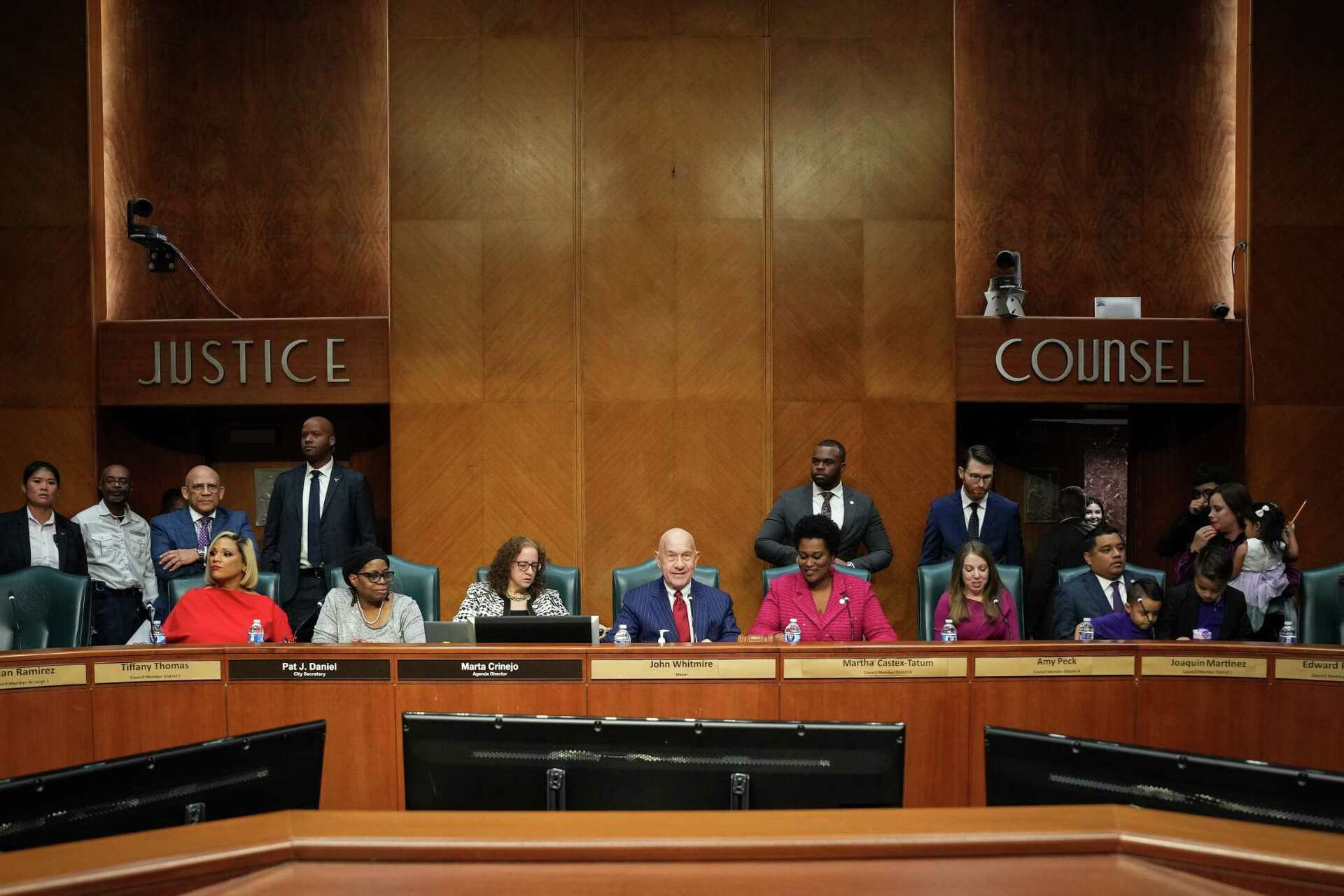Houston Unveils Bold $16.7 Billion Infrastructure Blueprint with Focus on Transparency and Essential Upgrades
A Vision for the Future: Houston City Council Greenlights Massive Capital Investment
The Houston City Council has approved a sweeping $16.7 billion capital improvement plan (CIP) aimed at transforming the city’s infrastructure over the next five years. This ambitious roadmap outlines major upgrades to streets, drainage systems, fire stations, airports, and the city’s critical water infrastructure.
City officials say the plan marks a significant step toward addressing longstanding infrastructure needs, even as council members express concerns about past delays and the feasibility of completing all proposed projects on schedule.
Moving Beyond Aspirations Toward Accountability
While the approved plan covers a wide range of improvements, some council members voiced skepticism, pointing to incomplete projects from previous plans that created what they called unrealistic expectations for residents.
“It definitely was very aspirational,” said Council Member Martha Castex-Tatum. “Projects would get listed in the capital improvement plan without secured funding, and that set false hopes for Houstonians. We had to put a stop to that.”
Finance Director Melissa Dubowski confirmed that numerous projects originally scheduled for 2025 remain unfinished and have been carried over into the 2026 plan.
Council Seeks Greater Oversight of Delays and Cancellations
In an effort to enhance transparency and ensure better accountability, council members proposed 20 amendments to the plan. Four of these amendments received approval. These included:
Accelerating the replacement of a police station in Northwest Houston
Launching a drainage project to combat chronic flooding in the Westwood subdivision
Purchasing a second lane-striping vehicle to improve roadway safety
Council Member Julian Ramirez introduced several additional measures to boost council oversight. One proposal would require the mayor’s office to report on any infrastructure projects that are delayed, canceled, redesigned, or altered. Another would allow three council members to formally challenge such changes and bring the issue before the full council for a vote.
A third amendment would empower council members to request public hearings before the city installs or removes infrastructure on public rights-of-way. These proposals stem from recent actions by the administration to remove safety enhancements—such as protected bike lanes and pedestrian infrastructure—without public input.
“These are efforts to rebuild transparency and trust between the public and their government,” Ramirez stated.
However, the proposals were not immediately adopted and were instead sent to a committee for further evaluation within 60 days.
Mayor Whitmire Responds to Transparency Demands
Mayor John Whitmire pushed back on the call for more formal oversight, stating that his administration is already accessible and open with information.
"You know that I have an open door," Whitmire said, adding that council members are always welcome to seek updates from departments such as Houston Public Works.
Major Funding Highlights in the Five-Year Plan
The newly approved plan outlines specific financial allocations to address pressing citywide infrastructure needs:
$1.5 billion for street and traffic upgrades
$1.1 billion dedicated to drainage improvement projects
$8.1 billion for Houston’s water and wastewater systems—a significant increase from $6 billion in last year’s plan
A centerpiece of the plan is the $2.1 billion set aside for the overhaul of the East Water Purification Plant, a critical facility that serves over 2 million residents and the Texas Medical Center. Officials have warned that the plant is at risk of failure, making its renovation a top priority for ensuring uninterrupted water supply.
In total, the wastewater system will receive $3.8 billion, while the remaining $4.3 billion will go toward enhancing the city's overall water infrastructure.
A Yearly Commitment to Progress
Houston’s capital improvement plan is revised and updated annually, allowing city leaders to respond to shifting priorities, economic conditions, and public feedback. This year’s total budget marks a significant increase from the $14.5 billion allocated in the previous cycle, reflecting the growing urgency of infrastructure modernization.
While funding remains a critical concern for some proposed projects, the newly approved plan represents a determined effort to modernize Houston’s urban systems, build climate resilience, and enhance quality of life for all residents.
As the plan unfolds, the city will face continued pressure to follow through on its commitments—both from elected officials and the communities they serve.

COMMENTS (0)
Sign in to join the conversation
LOGIN TO COMMENT